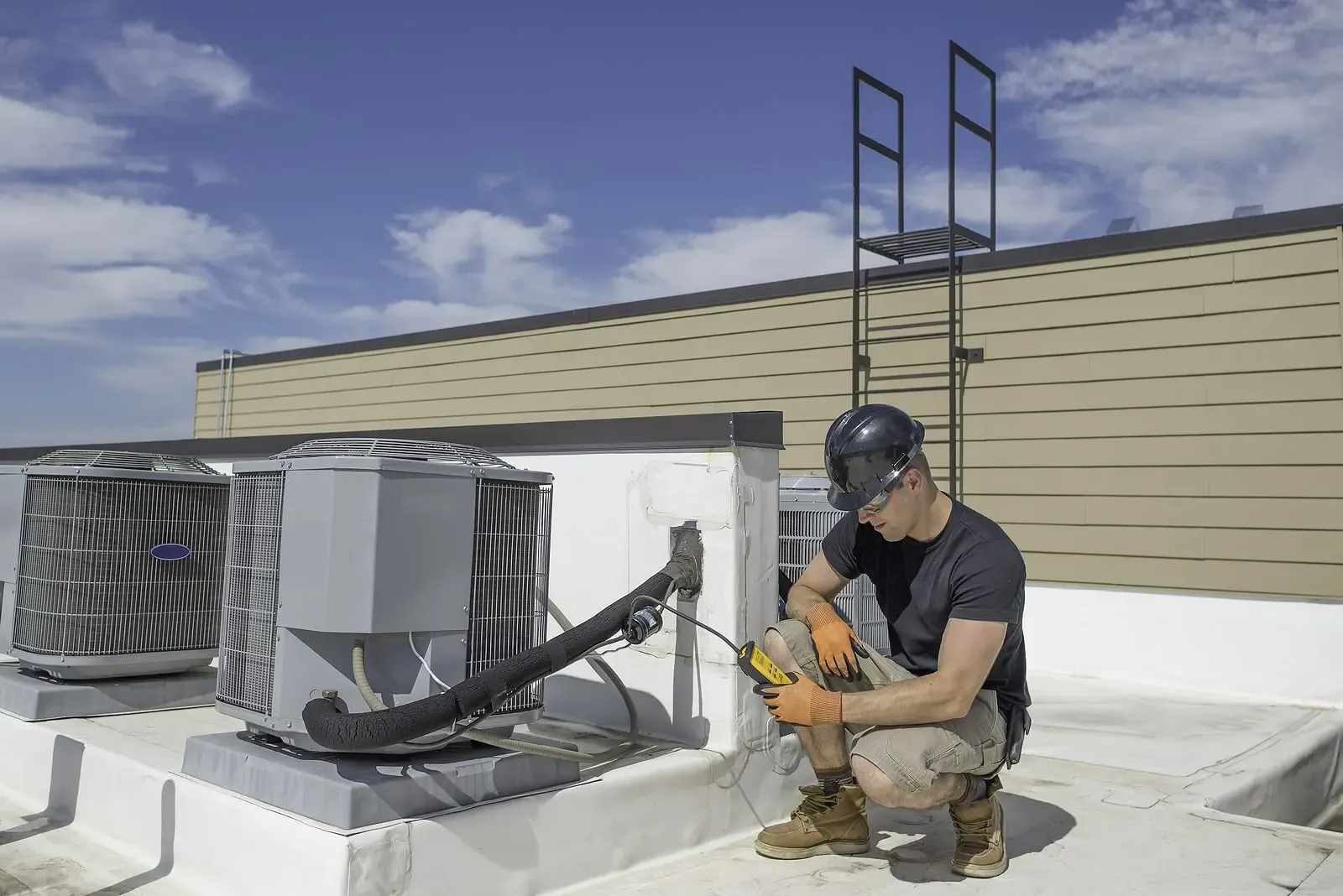
When it comes to installing HVAC systems in Port St. Lucie homes, ensuring electrical excellence is not just a preference – it’s imperative. Electrical safety is paramount in HVAC installation, as any oversight or negligence can pose significant risks to both property and occupants. In this blog post, we’ll delve into why electrical safety should be a top priority for homeowners in Port St. Lucie when installing HVAC systems.
Compliance with Electrical Codes
Port St. Lucie, like any other city, has specific electrical codes and regulations that must be followed during HVAC installation. These codes are designed to ensure the safe installation and operation of electrical systems, including HVAC equipment. Hiring licensed HVAC contractors who are knowledgeable about local electrical codes is crucial to ensure compliance and avoid potential penalties or safety hazards.
Protection Against Electrical Hazards
HVAC systems involve various electrical components, including wiring, circuit breakers, and electrical connections. Improper installation or faulty wiring can lead to electrical hazards such as short circuits, electrical fires, or electric shocks. By prioritizing electrical excellence in HVAC installation, homeowners can mitigate these risks and safeguard their homes and families against potential dangers.
Proper Sizing and Installation of Electrical Components
The electrical components of HVAC systems, such as motors, compressors, and control panels, must be properly sized and installed to ensure optimal performance and safety. Undersized wiring or overloaded circuits can lead to overheating and electrical failures, while oversized components can result in unnecessary energy consumption and potential safety hazards. HVAC contractors in Port St. Lucie should accurately assess the electrical requirements of the system and install components accordingly.
Grounding and Bonding
Proper grounding and bonding are essential for electrical safety in HVAC systems. Grounding provides a path for electrical currents to safely dissipate in the event of a fault, while bonding ensures that metal components are electrically connected to prevent the buildup of static electricity and reduce the risk of electrical shocks. HVAC installers should adhere to industry standards and best practices for grounding and bonding to minimize the risk of electrical hazards.
Regular Maintenance and Inspections
Once HVAC systems are installed, regular maintenance and inspections are essential to ensure continued electrical safety and performance. Homeowners in Port St. Lucie should schedule annual HVAC inspections by qualified professionals to check for any signs of wear, damage, or electrical issues. Prompt repairs and preventive maintenance can help prolong the lifespan of HVAC systems and prevent potential electrical hazards.
Conclusion
Prioritizing electrical safety in HVAC installation is essential for homeowners in Port St. Lucie to protect their properties and ensure the well-being of their families. By adhering to local electrical codes, protecting against electrical hazards, properly sizing and installing electrical components, grounding and bonding effectively, and conducting regular maintenance and inspections, homeowners can enjoy the comfort and convenience of their HVAC systems with peace of mind knowing that electrical safety is not compromised.